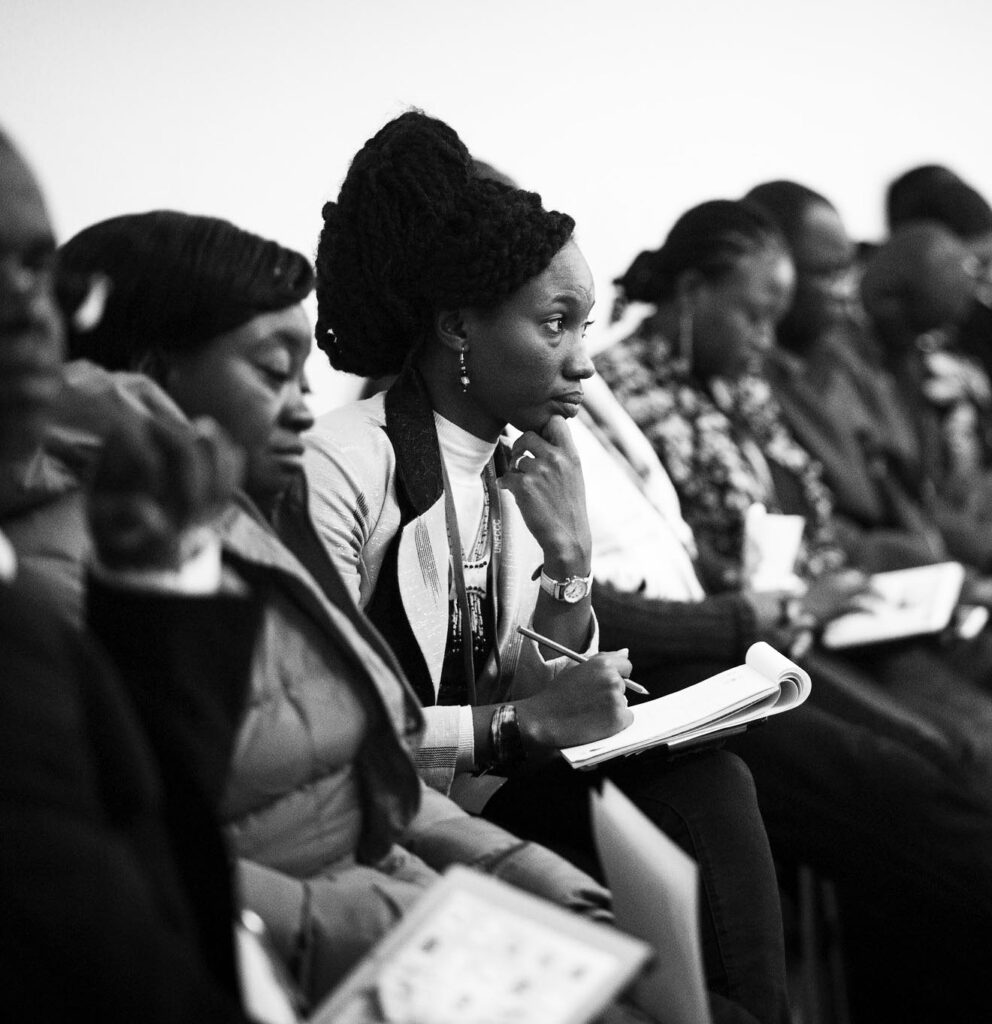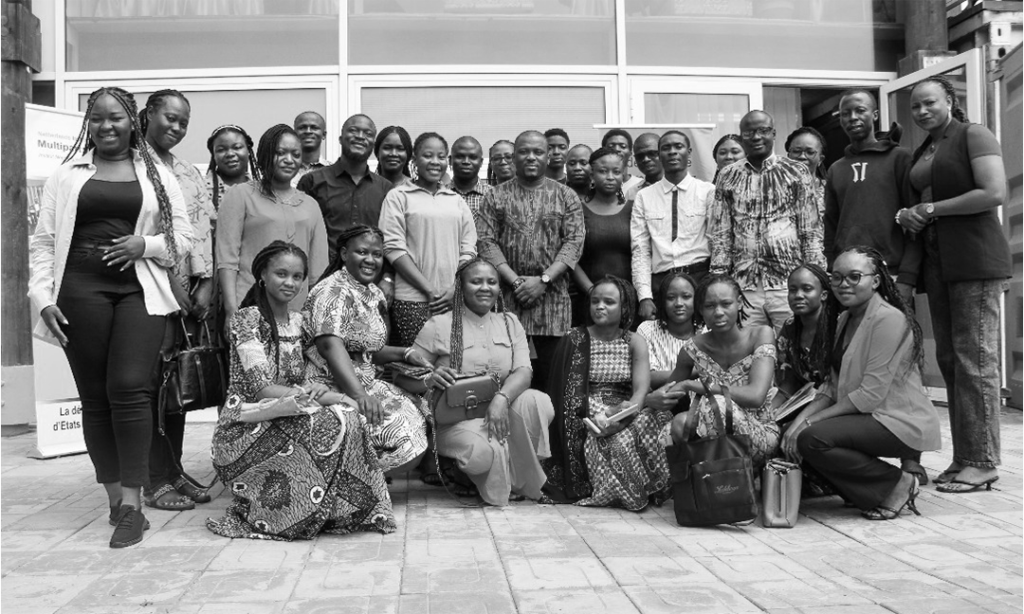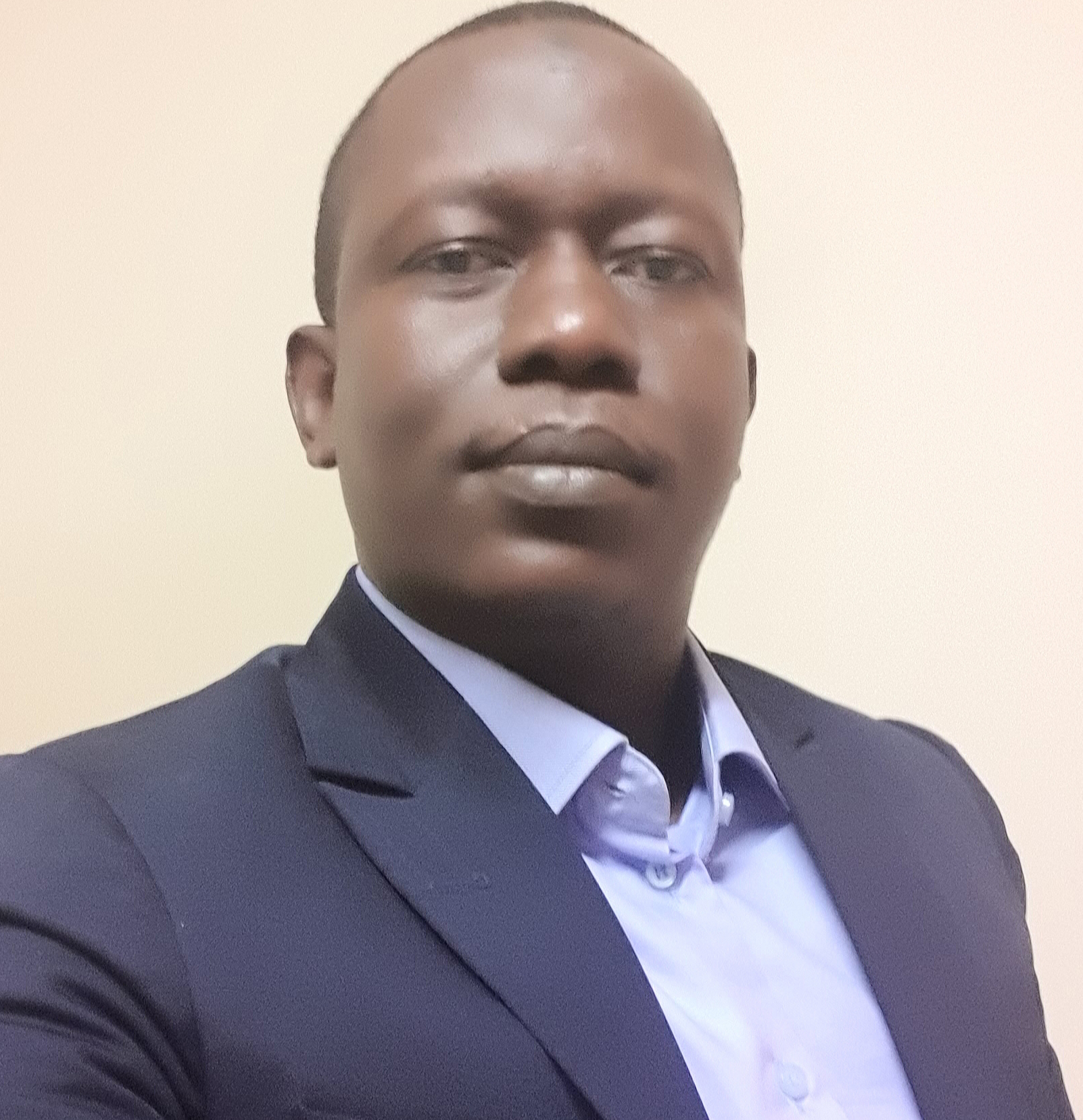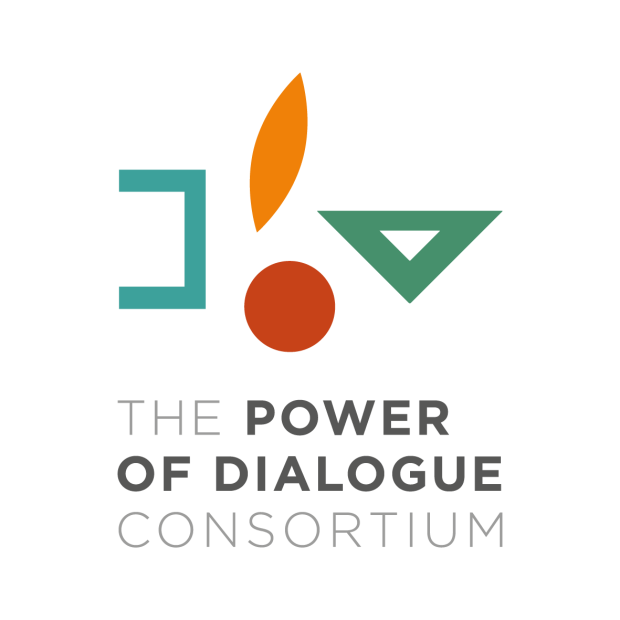Burkina Faso


- NIMD in Burkina Faso: At a glance
- What we do
- How we do it
- Meet the team
Main objective
To contribute to a more inclusive and stable Burkina Faso by facilitating multi-stakeholder dialogue, promoting the political participation of women and young people and improving the tools and knowledge of community leaders.
Results
With the support of NIMD and our partner the Coalition Burkinabè pour les Droits de la Femme (Burkinabè Coalition for Women’s Rights), women leaders in the commune of Koudougou successfully advocated for greater participation by women in local governance decision-making bodies. As a result, the President of the Koudougou Special Delegation undertook to look into ways of improving opportunities for women to contribute to peace, social cohesion and security in the commune.
NIMD and our partner, Le Balai Citoyen, have set up a conflict prevention and management committee in the commune of Bama. The committee brings together a diverse group of leaders to collaborate on local challenges. As an ongoing platform for dialogue, it also provides an opportunity to address local conflict threats to the commune’s stability, including unresolved past conflicts between participants. By building trust through dialogue, the committee aims to foster peace, stability and development.
The participants in our training course for potential candidates in the forthcoming elections have created virtual platforms (Facebook and WhatsApp) to strengthen their connection; facilitate joint advocacy activities; and encourage other women in the commune to get involved in civic and political action. These platforms are an important channel for fostering solidarity, amplifying women’s voices and stimulating collective action in favour of more inclusive political participation.
Burkina Faso: Political background
Over the past decade, Burkina Faso has faced major security challenges linked to terrorism. This has had an impact on the country’s political life, which has since experienced a degree of instability.
In 2022, the country was confronted with two successive military coups, leaving it in a situation of political transition with numerous governance challenges.
Since then, political and civic activities have been restricted. With political parties suspended, opportunities for dialogue and representation are limited, as are forums for exchange. Civil society organisations operate in this environment where women and young people, already under-represented, face even greater challenges in influencing the future of their country.
Against this backdrop, in 2024, the timetable for the end of the transition was extended by five years to 2029. This extension raised a number of concerns, notably the postponement of the lifting of the suspension of political activities.
Stability requires a dialogue in which all voices are heard and people feel genuinely represented, thereby reducing the risk of conflict. Furthermore, a successful transition to a new political order by 2029 will depend on commitment and collaboration, based on a culture of inclusive dialogue and led by actors who have the public interest at heart.
What we do
NIMD strives to contribute to a more inclusive, stable and open Burkina Faso by facilitating multi-stakeholder dialogue. Since the start of our work in the country in 2020, we have been facilitating dialogue to build trust across ideological divides, sowing the seeds of a culture of respectful and open collaboration.
Through education, we also ensure that people, particularly traditionally under-represented groups, have the essential skills and knowledge to lead change and influence political and civic participation in their country. For example, our School of Politics promotes citizenship values to a diverse network of young people equipped to play an active role in their country’s political landscape in the future.
Finally, we work at different levels: our School of Politics complements our work in local authorities, where we work with diverse groups to build trust and alliances, reducing tensions within communities. We also recognize the value of regional collaboration, building on the knowledge and links of our programmes in Mali and Burkina Faso. We bring political and civic leaders together across borders, giving them the opportunity to identify common challenges, exchange practical solutions and create a sense of collective purpose. This regional collaboration fosters solidarity and coordinated approaches to tackling the complex realities and shared struggles of the Sahel region.
A successful transition to democracy will require democracy advocates who are committed to working across party lines for the collective good of the country.
What we do: In numbers
How we do it
Dialogue
At NIMD, we believe that democracy begins with dialogue. Our experience shows that when political groups build trust through dialogue – whether with each other, with civil society or with the population at large – a country is much more likely to achieve lasting peace and foster an inclusive and prosperous democracy.
In Burkina Faso, our multi stakeholder dialogues bring together diverse groups – from young politicians to civil society leaders, political actors, customary and religious authorities, international organizations and so on. Together, they engage in a respectful dialogue where everyone has a voice, addressing key issues such as social cohesion and the political participation of young people. The resulting policy briefs are presented to political decision-makers and represent a powerful force for change, with support across political and ideological divides.
Our local political dialogue sessions are also powerful, with the ability to ease tensions and build trust at community level. The Conflict Prevention and Management Committee – set up by NIMD and Balai Citoyen in 2023 – brings together representatives of youth and women’s organizations, local political party leaders, religious leaders, traditional chiefs and the special delegation acting as interim municipal council in the commune of Bama. Together, they are building a common understanding of the commune’s challenges and have committed to working together to establish a committee to resolve land disputes; improve healthcare infrastructure; and promote sustainable water management and irrigation techniques. This collaboration has shifted governance in Bama from a dependency on political authorities to an active engagement of local actors in addressing key challenges.
Democracy Education
NIMD Burkina Faso opened its first political school in 2021, bringing together promising young politicians and civil society representatives from five regions of the country.
The School is still running today, despite the difficult context and the suspension of political party activities. As well as improving their knowledge of democratic theory and the political and historical context of Burkina Faso, participants also acquire a comprehensive set of practical skills to enhance their ability to influence public policy processes in a meaningful and constructive way.
Through interactive training sessions, participants also build trust across political and ideological divides. When they leave the school, they acquire not only knowledge and skills, but also a network of budding young leaders committed to working together for an inclusive democracy in Burkina Faso.
NIMD hopes that this network will grow and flourish in the years to come, and we regularly organize informal alumni meetings (or political cafés) to ensure that the exchange of knowledge and skills continues. By tracking the progress of alumni and the obstacles they face, NIMD also strives to meet their long-term needs as we continue to strengthen the curriculum.
Beyond our school in Burkina Faso, we also offer our participants the opportunity to network with their counterparts in Niger and Mali. We organize virtual Masterclasses, where young leaders can exchange ideas and experiences. By fostering these links, we aim to nurture a sense of common purpose and broader perspectives that can contribute to collaborative solutions across the region, now and in the future.
"Our school is forming a network of budding young leaders committed to working together for inclusive democracy in Burkina Faso. "
Women in Politics
In Burkina Faso, women face significant barriers to entering and influencing political life, partly due to societal norms and limited access to resources. Yet women are playing a growing role in the defence of inclusive governance. And their political participation will be essential to Burkina Faso’s transition to an inclusive democracy by 2029. Their participation has the potential to bring diverse perspectives to decision-making and to strengthen social cohesion.
That’s why NIMD Burkina Faso strives to ensure that women leaders have the opportunity to enhance their skills and knowledge, giving them the best chance to leave their mark on their political environment.
One of the biggest challenges to women’s participation is gaining access to the power structures and networks needed to get a foot on the political ladder. Finding mentors and sharing experiences is a great motivator, which is why NIMD has worked with the blogging platform Association des Blogueurs du Burkina to organise regular round tables, bringing together budding young leaders and established women politicians so that they can share their knowledge and inspire each other.
In addition, in collaboration with the Coalition Burkinabè pour les Droits de la Femme (Burkinabè Coalition for Women’s Rights ), we provide training for future election candidates on key topics such as leadership, resource mobilisation, drafting advocacy documents and conducting advocacy campaigns. Our aim is to ensure that a network of women leaders is equipped to influence policy today and play their part in their country’s future.
Meet the team
 Cheickna Yaranangoré
Country Director, NIMD Burkina Faso
Read more
Cheickna Yaranangoré
Country Director, NIMD Burkina Faso
Read more
Get in touch directly with NIMD Burkina Faso via info-burkina@nimd.org
An expert in social mediation and conflict resolution, Cheickna Yaranangoré has extensive experience of working on border stabilisation projects in the Sahel region. Before becoming Country Director, Cheickna was responsible for the NIMD programme in Burkina Faso. He was part of the team responsible for deploying NIMD’s first political economy analysis in the country, a study designed to assess the political landscape and opportunities to support political change. As well as being a certified philosophy teacher and youth trainer, Cheickna is involved in research projects on the security crisis, resilience to violence and social cohesion.

Get in touch directly with NIMD Burkina Faso via info-burkina@nimd.org
An expert in social mediation and conflict resolution, Cheickna Yaranangoré has extensive experience of working on border stabilisation projects in the Sahel region. Before becoming Country Director, Cheickna was responsible for the NIMD programme in Burkina Faso. He was part of the team responsible for deploying NIMD’s first political economy analysis in the country, a study designed to assess the political landscape and opportunities to support political change. As well as being a certified philosophy teacher and youth trainer, Cheickna is involved in research projects on the security crisis, resilience to violence and social cohesion.
Who we work with

NIMD’s work in Burkina Faso is funded by the Dutch Ministry of Foreign Affairs as part of the Power of Dialogue programme. The Power of Dialogue consortium is made up of NIMD, the Gorée Institute,Akina Mama wa Afrika and the Centre for International Mediterranean Studies, and seeks to strengthen collaboration between political and civic actors to participate in responsible political processes.

Since the end of 2024, NIMD in Burkina Faso has been running a programme financed by the European Union called the Programme de Recherche et d’Education Citoyenne pour la Paix au Burkina Faso (Research and Citizen Education Programme for Peace in Burkina Faso). The programme combines research, connecting local and international researchers, training young people as citizens, setting up innovative youth initiatives at community level and organizing multi-stakeholder dialogues. This is an innovative programme in the context of Burkina Faso, with the aim of making a major contribution to peace-building in the country and in the West African region.

 Facebook
Facebook